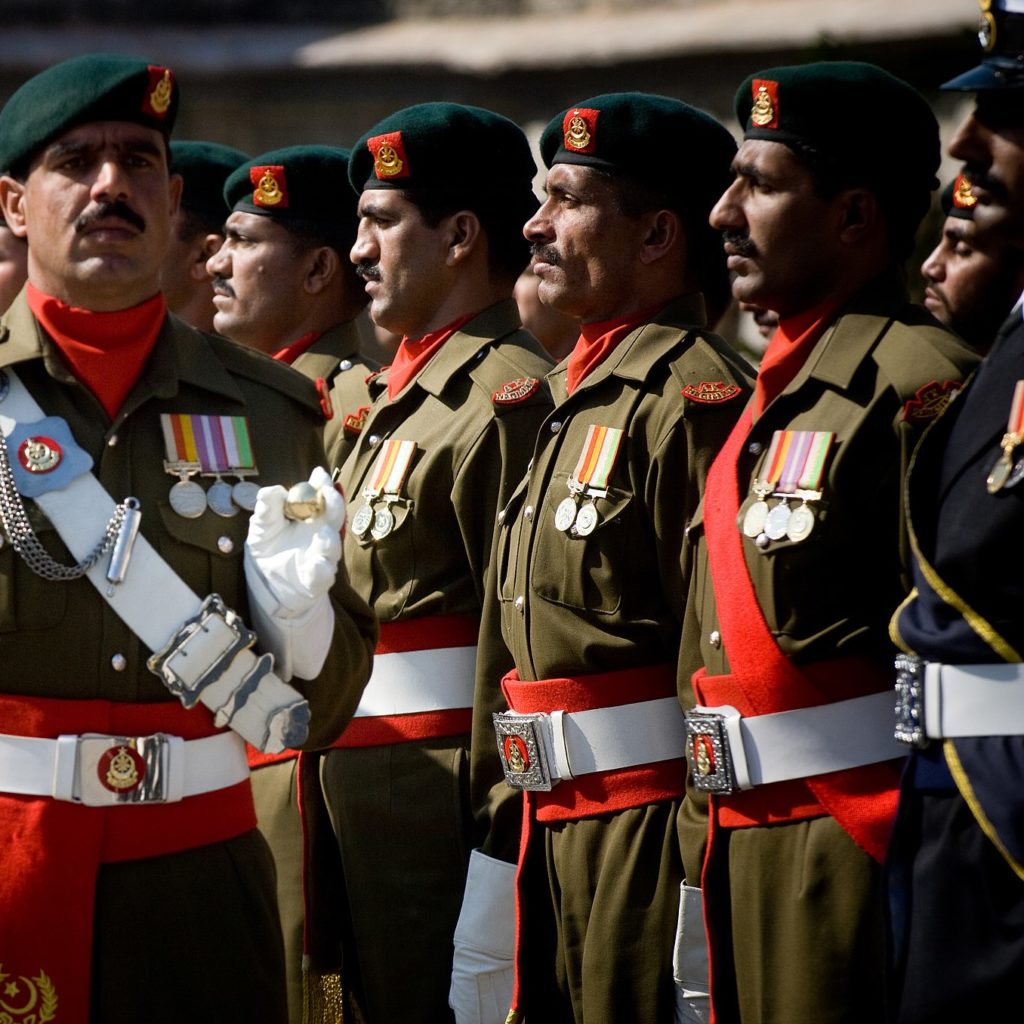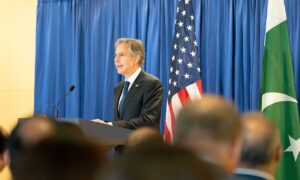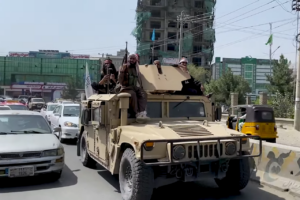Civilian governance in Pakistan has never lasted longer than eleven years. 2019 is the eleventh year since General Pervez Musharraf resigned the presidency and fears of a coup may exist, but one is not probable—at least not in the near-term future. In fact, two recent Chiefs of Army Staff (COAS)—Generals Kayani and Raheel in 2009 and 2014, respectively—considered taking, but decided not to take, direct control of the government. These decisions demonstrate that military rule is no longer necessary because the Army has already attained its major goals of de facto control of the country’s nuclear and missile programs, key foreign relationships, the military budget, and national security decision-making. In effect, the military has achieved what I have previously termed a “coup-less coup.” Instead of the traditionally fraught civil-military relationship, it seems that, for the first time in Pakistan’s turbulent history, the government and military agree on the three major issues facing Pakistan: domestic politics, the economy, and India. However, key variables, such as economic stability, could quickly change the course of this relationship.
While the Army has not eschewed intervening in domestic politics in recent years, it has cooperated more with Islamabad’s civilian leadership. Knowledgeable observers believe it was involved in both ousting former Prime Minister Nawaz Sharif in 2017 and tipping the electoral scales in favor of Imran Khan in 2018. After a year in power, and still facing daunting economic and domestic political challenges, Prime Minister Khan has established a smooth working relationship with General Headquarters (GHQ). Khan granted General Qamar Bajwa a full three-year extension as COAS, made him a member of the government’s National Development Council, and took him and the powerful Director General of Inter-Services Intelligence along on his first visit to the United States. In return, the COAS agreed for the first time ever to freeze the military’s budget in recognition of the dire economic problems facing the state. Bajwa also has met privately with top business leaders three times to identify ways to bolster the struggling economy and stated that “national security is intimately linked to [the] economy while prosperity is a function of balance in security needs and economic growth.” Furthermore, he has given Khan’s government political cover by pointedly warning an opposition political leader not to attempt to destabilize the government during a period of economic crisis and tension with India, saying that “Imran Khan is a constitutional Prime Minister and neither I nor you can minus him.”
Skeptics may look at these facts and conclude that the Army has brazenly accumulated additional power in the economic and political spheres. It is true that the present civil-military relationship is not a marriage of love, but rather one of convenience based on the Army’s recognition that the only alternative to working cooperatively with Khan is another period of military rule, which it has unsuccessfully attempted four times, each leaving the Army discredited and unpopular. Working with the Pakistan Peoples Party and the Pakistan Muslim League failed repeatedly due to historical animosities, unacceptable levels of corruption, and fundamental disagreement on relations with India. The religious parties lack domestic support and are too closely tied to radical anti-state groups. Thus, working with Khan is now the only option for the Army, and has so far been a rather successful one. In Khan’s first year in power, the Army was pleasantly surprised by his ability to obtain funding for Pakistan’s cash-starved economy, secure another IMF tranche, avoid sanctions from the Financial Action Task Force on Money Laundering, and partially thaw the frozen relationship with the United States.
Read full article in the Georgetown Journal of International Affairs




